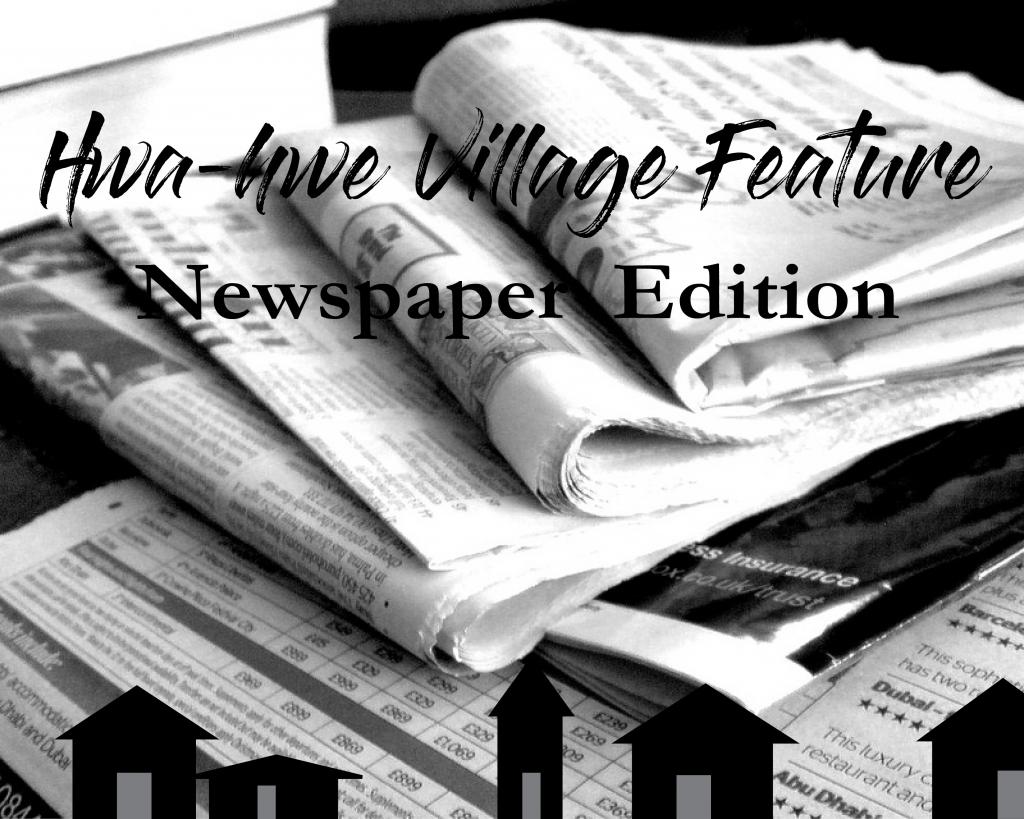Given its name, one might expect the Hwa-hwe Maeul, known as “Flower Village” in Korean, to be a rich and fertile area, covered in blossoms. However, upon visiting the area, one sees that this is a misnomer, a reference to the village’s beginnings as the site of planned farms to grow chrysanthemums, which failed as farmers found the ground was too rich in iron for anything to grow. Now, the land is barren and dry, nothing sprouting but the cramped 184 vinyl buildings along the narrow village road.
Yeonsook Kim acts as a village elder and representative for residents in the 184 households. Having run a wholesale retail store near Jamsil Bridge, a series of bankruptcies left her unable to pay her rent, and so she moved with her children to the village. Originally planning on briefly residing during a time of financial uncertainty, she has now lived there for 17 years with her two grandchildren.
“Some people ask if this is where people actually live,” she says. “I used to feel ashamed about living here, but now, after 17 years, I feel no embarrassment.”
For Kim and many others, Hwa-hwe was a last resort, a choice forced upon them by personal circumstances and the rapid urbanization of Seoul’s South side, where previously agricultural land was developed as quickly as construction companies could build. In the mid-1980s, prior to the 1988 Olympic Games, certain neighborhoods, particularly in the Jamsil area, became epicenters of the construction boom, and prior residents faced an uncontrollable rise in rents and were forced out.
“In many instances, increasing numbers of people were evicted from the city, almost as a government policy, so many migrant workers would join illegal residents,” said Ye-eun Chun, SIS alum and former president of Habitat for Humanity and Global Issues Network. “While in the 1970s and 1980s, the government attempted to help these people with subsidized housing, wealthier individuals got around the system and began to buy these subsidized units, so the system eventually broke down.”
This practice, and the speed with which people left the city and moved into areas such as Hwa-hwe, created areas of impromptu housing which lacked the infrastructure and utilities that other Seoul residents took for granted. According to current residents, conditions have improved, though remain subpar.
“Tap water was not available for us until 20 years ago,” said Namsoon Chun, 81-year-old villager. “After a massive fire in 1999, we demonstrated and petitioned the government for tap water, which they provided, but they only provided one tap water line, which is piped into each house.”
Events such as that fire precipitated some change, though issues remain with the nature and quality of the resources available to residents, especially in winter.
“Gas bills are expensive, so we use briquettes [for heating],” said Youngja Jang, 65-year-old villager. “Because of the electricity bill, electric heaters are not used in individual homes. We have a heater at the Community Center because so little money is available.”
Access to resources is not the residents’ only issue with living in the village. Technically, since the land is owned by seven private individuals, and not by the residents themselves, people who live in Hwa-hwe are illegally occupying the land, and therefore face the risk of removal for future development, a lack of legal recognition, and an inability to gain acceptance over the years.
“The problem is that the land is not ours,” Kim said. “After 2001, though, we gained resident registration. Since then, we have received social security benefits and voting rights as well.”
Ye-eun’s experience corroborates this assessment, and even as recently as 2011, she faced challenges in contacting the government concerning the legal status of the villagers and their needs.
“When I called the Ministry of Health and Welfare, many of them would end up hanging up on me because they consider these individuals as illegal trespassers and criminals,” said Ye-eun. “As this is not government land, and rather, private property, they did not have the legal rights to stay on the land, and were in fact illegal tenants on the property.”
Still, however, residents retain a sense of hope for their future, and the possibility of finding permanent housing in the recently-constructed WiRye apartment complex in Seoul and Gyeonggi-do. With the chance for further legal recognition and political representation, this remains a source of some optimism amidst the dust and soot that routinely coat the village.
“Many new homes are being built in WiRye New Town,” Kim said, “so we would like to go there if we are given money for rent and a security deposit. This is something that the government must do. We have suggested, but we still have heard no answer.”
As Seoul and its surrounding areas continue to thrive, and only a kilometer away, SIS students receive education to prepare them for college abroad, Hwa-hwe’s denizens continue. Life is tough, as Kim says.
“I’d like a place to hang out with other people. A playground for the children. Adults need space to rest under the trees.”
If she gets her wish, and more attention is given to places such as this, perhaps flowers can finally grow in Hwa-hwe Maeul.

